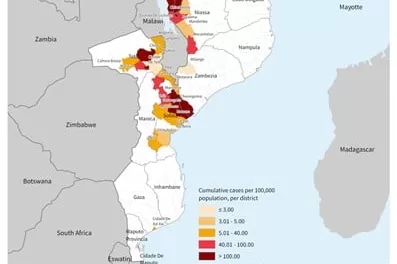Healthcare workers, already under tremendous strain exacerbated by the COVID-19 pandemic, have found relief in an unexpected place: their phones. A new study published in JAMA Network Open reveals that regular text message reminders linking staff to a digital mental health platform called “COBALT” have significantly improved depression and anxiety scores among employees.
Conducted by researchers from the Perelman School of Medicine at the University of Pennsylvania, the study highlights the impact of proactive digital engagement on mental health outcomes. Lead author Dr. Anish Agarwal emphasized, “Touching base with people, letting them know that help is available and easy to access, goes a long way toward maximizing digital mental health interventions.”
COBALT, an open-source web-based platform initially launched amidst the pandemic’s first wave, offers a variety of resources tailored for healthcare professionals. These include podcasts, articles, worksheets, and pathways to schedule sessions with therapists and resiliency coaches. The platform has since expanded to serve over 100,000 individuals across three institutions.
Results from the study showed that participants receiving monthly text reminders experienced an 11% improvement in depression symptom scores six months after engagement with COBALT, with scores improving further to over 20% at nine months. In contrast, those without reminders showed only marginal improvement.
“For healthcare workers, who often neglect their own mental health amidst caring for others, this approach has been pivotal,” noted Dr. Raina Merchant, senior author of the study. The findings underscore a significant opportunity for health systems to support their workforce effectively.
The study also revealed marked improvements in anxiety scores among participants who received reminders, highlighting the platform’s comprehensive impact on mental well-being.
Looking ahead, the research team aims to refine strategies for integrating COBALT into healthcare settings more seamlessly, ensuring broader accessibility and usability. “COBALT is a simple yet powerful tool to prioritize mental health among healthcare professionals,” said Dr. Lisa Bellini, emphasizing the platform’s user-friendly design and scalability.
As healthcare systems continue to navigate post-pandemic challenges, initiatives like COBALT offer a beacon of hope for sustaining and enhancing the mental health of frontline workers. The study’s findings provide compelling evidence for the effectiveness of digital interventions in addressing the mental health crisis among healthcare workers.
For more information on the study, titled “Digital Engagement Strategy and Health Care Worker Mental Health,” visit JAMA Network Open.











